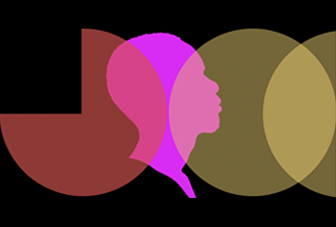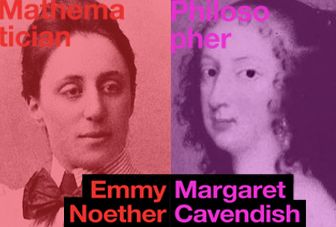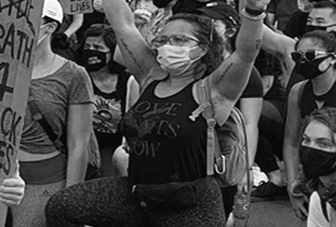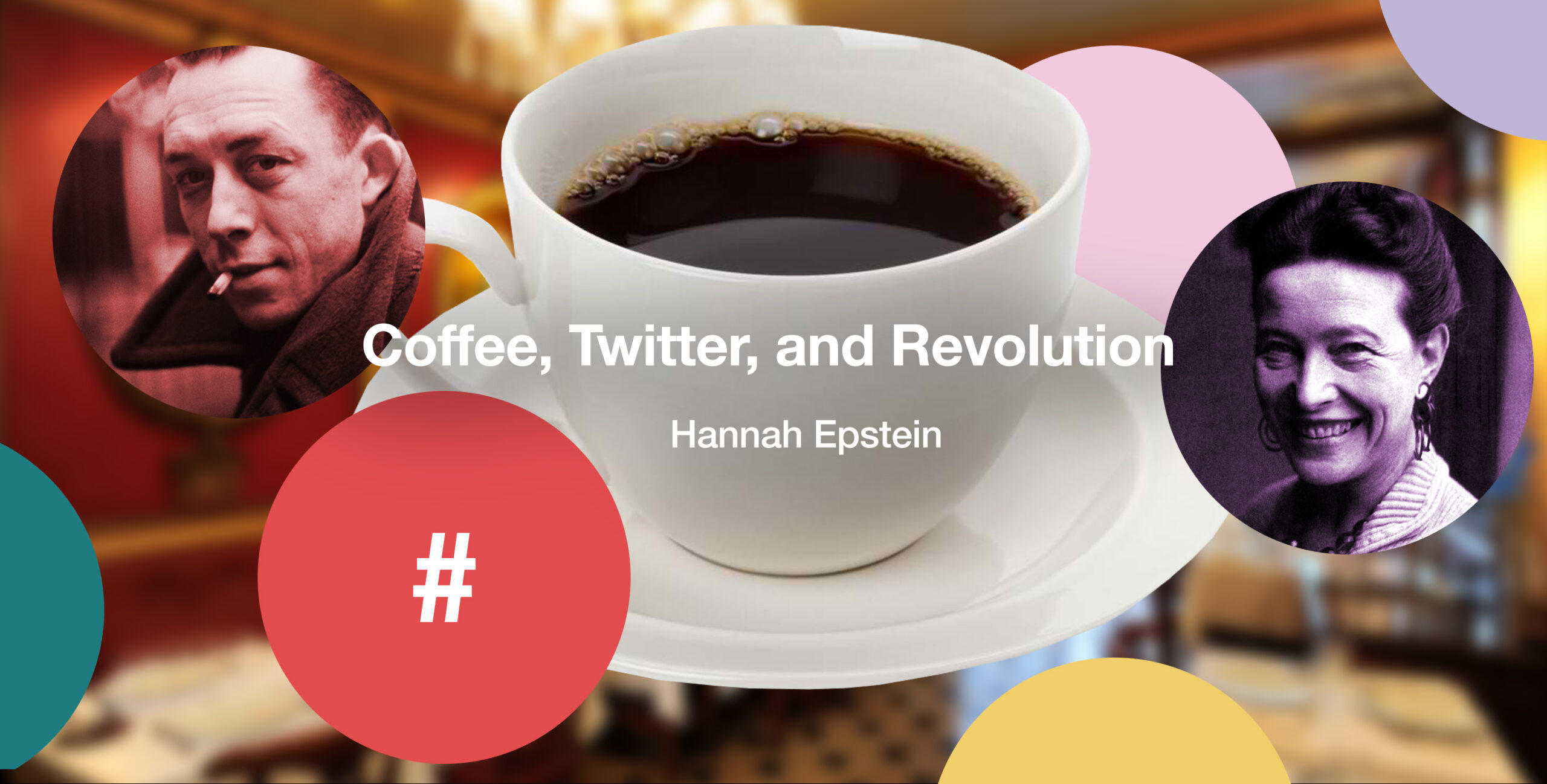
The dark scent of bitter coffee crawls over, and a dim light shows way to a sanctuary: a holy palace of ideas, revolution, and education. For centuries, it is these homes of worship - or, perhaps, the ideas that can flourish within them - that have been the determinant of the modern era's most consequential changes.
Coffee houses have been key pathways for revolutionary ideas for centuries; dubbed “penny universities” by English men in the 17th century, the exchange of information found a home in Café Le Procope, Will’s Coffee House, Green Dragon Tavern, Cafe La Habana, among others. It was not that coffee gave energy to overthrow governments, but instead that stationed within these righteous grounds was the ability to spread information and offer a sense of education, something that for a long time throughout history was only accessible to the most privileged. And for a reason: equal education tends to foster revolutions, as is evidenced by The American Revolution, The French Revolution, and so on. But to truly outline the importance of education, one must first go back to the most important invention in human history: the written word.
Created perhaps by an aristocrat or commoner, the first words that represented sound instead of an object were found in modern-day Iraq in the Cuneiform script. Ideas could now be kept in something other than the human brain and preserved for centuries of influence. Jump forward a few thousand years, and the printing press is invented. Education has, since this point, been at the forefront of change, in both good and bad ways, the earliest example possibly being Martin Luther. Today, the stretch of the written word knows no boundaries.
However, since these two core inventions, those in power consistently attempt to diminish their influence on the people. In 1633, Sultan Murad IV banned the consumption of coffee to prevent his subjects from gathering and discussing ideas that threatened the power of the government. Censorship on written words is customary in many different regimes as an attempt to maintain power.
Education is the foundation of human rights, progress, and change. It has a power that influences masses of people, and, in the words of Paulo Freire: “There’s no such thing as neutral education. Education either functions as an instrument to bring about conformity or freedom.” Education is the most sacred thing to humanity, and the biggest weapon that the public yields. Its importance is hard to articulate, and its influence is heavy. It is no wonder that the topic of curriculum in schools has become a controversial topic in recent years; nor is it surprising that schools lack the necessary curriculum to cover topics of race in America. Throughout all powers and regimes, the grip on how information is spread amongst the public is always somewhat controlled and managed to keep citizens in the dark about possible critics of the government and to prevent a revolution of ideas. This control is growing increasingly difficult with access to the internet, causing some countries such as China to shut down phone use entirely. In modern days, one may even compare spaces such as Twitter to the pre-revolutionary “penny universities,” as students take to social media to share and discuss historical events such as the Tulsa Race Massacre and the Wilmington Coup and foster new ideas of reform and change.
In our new world of the internet, education still latches onto people and the curiosity of humans still drives thought and transformation. Although the places in which ideas are spread have changed from the original Café Le Procope, the core structure remains the same.
Other Pages

Interview with Dr. Alexandre SkibaProject type
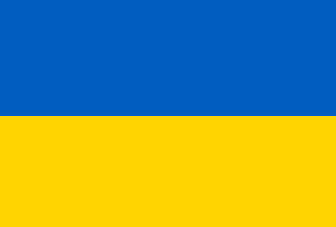
The Return Of The HistoryProject type

A Dead DreamerProject type

NothingProject type

ObsessionProject type

A Person & Their TribeProject type

Education From a DistanceProject type

Coffee, Twitter, and RevolutionProject type

When I Turned SeventeenProject type

A Winter of IsolationProject type
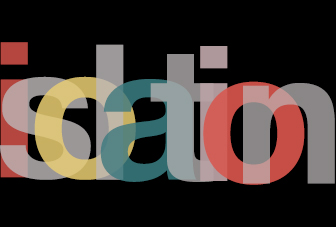
SpeechProject type

Desolation's PerseveranceProject type

CoraProject type

Hospital CookiesProject type

A Fragmentation of WordsProject type
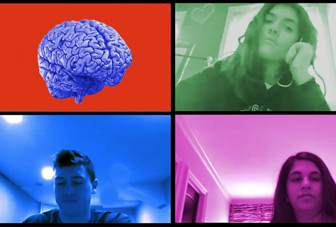
The Stress of Remote LearningProject type

Sweet SixteenProject type

WordsProject type

A Christmas CarrollProject type

New York City 2020Project type

Qualified Immunity: Broken DownProject type
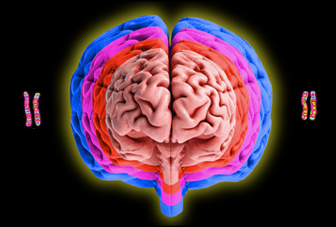
What Science Tells Us About Gender?Project type

Beyond The Bathroom StallsProject type

1 am thoughts on Trutharticle
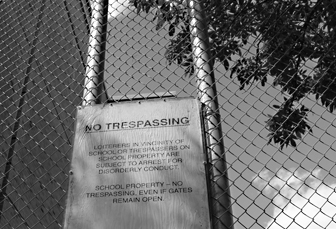
Brooklyn, NY During COVID-19Photo Gallery

AboutAbout Page

Submission InformationProject type
